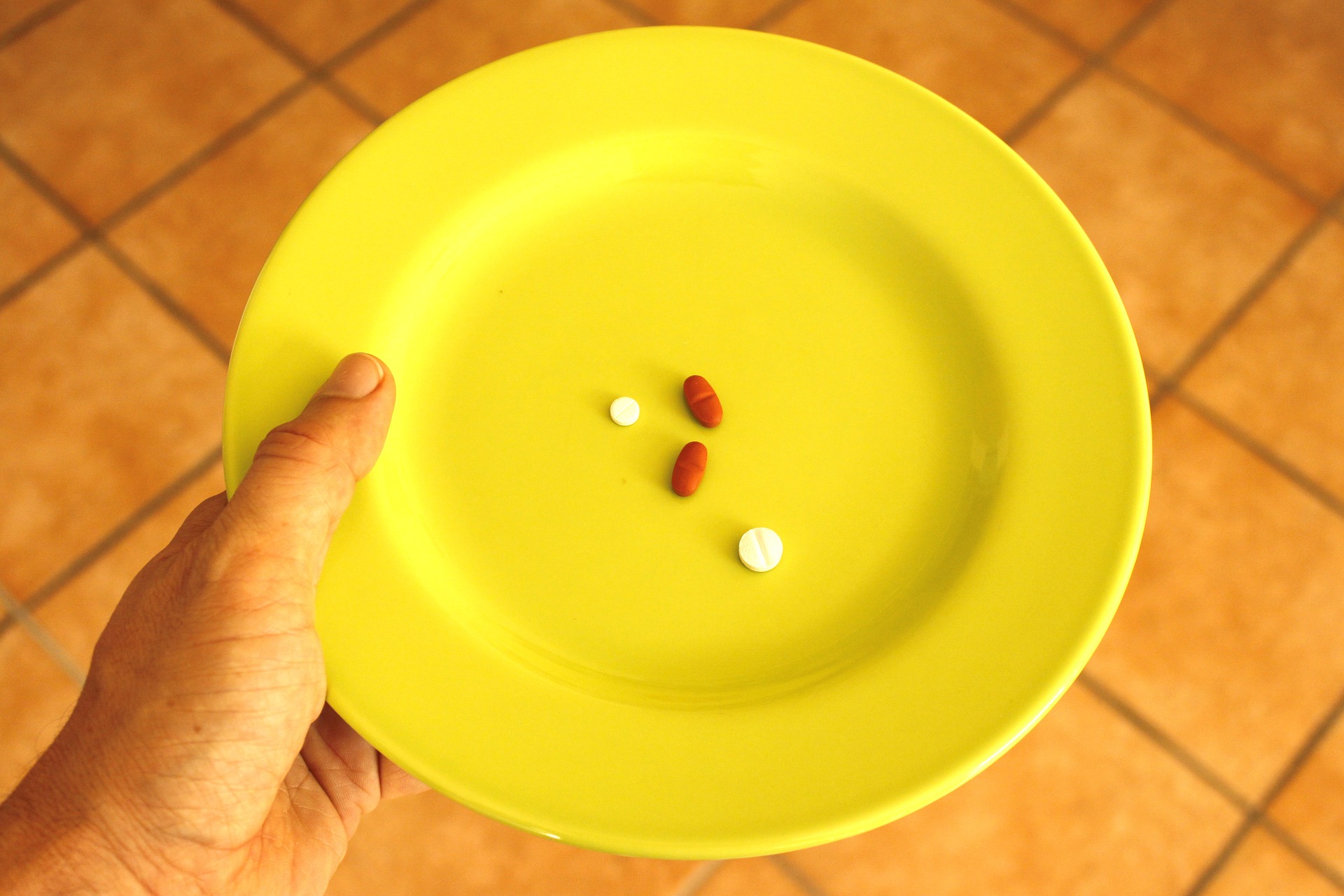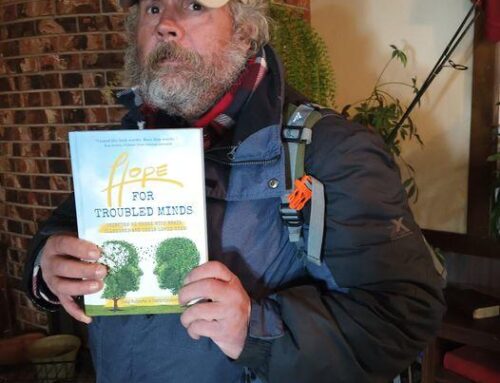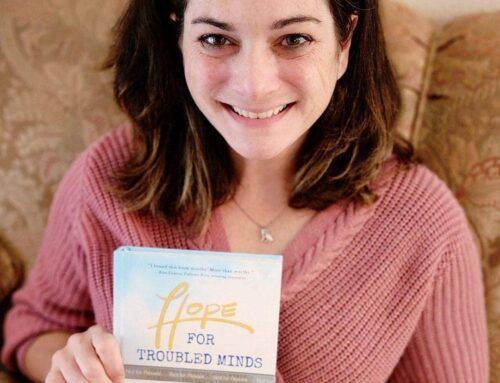Some time ago a woman named Robin connected up with me on a Facebook group for writers. Robin is a free-lance author who writes for such publications as bp magazine, a periodical for those with bipolar disorder and those who care for them. bp is sort of like the BBC for those of us with mental illness looking for hope, education, and support.
Robin asked if she could interview me for an article. My first response was “Wow.” Just, “Wow.” It’s been several weeks now and we are set for a phone meeting on Wednesday. My “Wow,” has turned to “Thanks,” to Robin; and “Please help, Lord,” that I might represent the Delight in Disorder mission well.
Robin has given me the topic she wants to focus on in our interview… medication. I thought it would be good to share some initial thoughts with you, to best prepare.
In college and grad school, I engaged in “recreational drug” use/abuse that likely kept my mental illness demons at bay. “Self- medication,” some kindly call it. When I became clean and sober, my moods got the best of me, particularly depression. It was 1991, and the new generation of psychotropics (read Prozac Nation) held out the promise of being a “happy pill” that would replace darkness and despair with light and joy. My psychiatrist gave me some samples and I set out to feel better.
It wasn’t that easy, however. Nearly all of the pills were ineffective. They did not moderate my mood and I fell into gloomy, extended depressive periods. What was less of a concern to me were those brief, unpredictable, unsustainable bursts of energy, frenetic productivity, and a hurried demeanor that felt great to me, but caused me to be irritable with others (particularly with my wife and children.)
Ultimately, we found a drug that picked me up. It picked me up and kept me up. For a week. Days I was seeing signs and nights, visions. I became convinced that the world was ending imminently and I was charged with the mission to save the chosen few.
Much later in my battle with bipolar, I learned this experience was likely medication-induced psychosis. With only an anti-depressant and not a mood stabilizer, my mania ballooned out to psychotic proportions only an extended stay on a psych unit and boatloads of potent pills could remedy.
It has now been almost 30 years since my consumption of psychotropics began. It has been a hellish journey. I have experienced many side effects. Weight gain: 80 pounds. Dry mouth: needing lemon drops in the pulpit. Internal organ damage: I can no longer donate blood. Shaking: I don’t eat soup in public. Involuntary movement: I look like I’m conducting when I type.
Would I have preferred to be healed without the meds? Sure. Do I believe this is how God often rolls? I don’t. I hear stories of people on many medications who have miraculously gone off all of them and feel better than ever. Could God do this? Absolutely. Yet, God is just as involved in psychiatric treatment and, more often than not, promotes healing for most in this way.
Discover more from Delight in Disorder
Subscribe to get the latest posts sent to your email.









Tony – Your posts never disappoint. I am also on antidepressants and have been for over 20 years. I relate to the challenges you described in your writing: some people telling me I don’t need the drugs because God will heal me; other people acting completely shocked and judgemental about me seeing a counselor or psychiatrist. Worst of all, was the guilt that I felt having to deal with my emotional issues in the first place. Thoughts like, God is disappointed in me because of my mental illness, and, if I were a stronger person, this wouldn’t be happening. I am thankful that I no longer think that way, and that most people are more informed about mental illness that in the past. Thank you, Tony.
I’m so glad, Terri. that you have come to accept your illness and that you receive treatment. No, God would never be disappointed with any who accesses treatment to promote healing.
Blessings in Christ,
Tony
Facebook Website
*“Delight yourself in the Lord, and he will give you the desires of your heart.”* (Psalm 37.4)